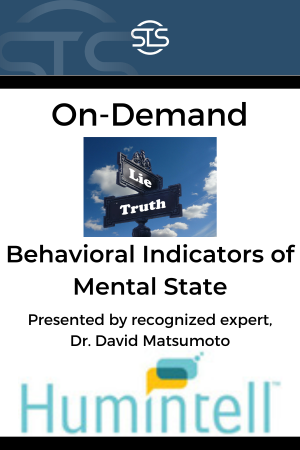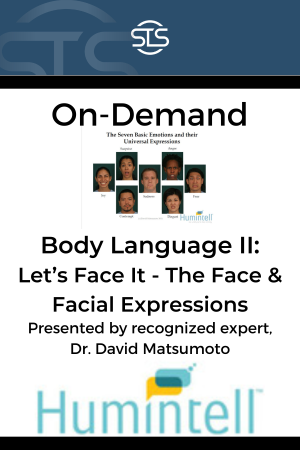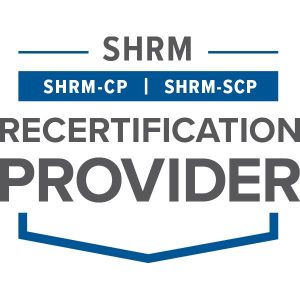Advanced Microexpression Training
$84.99Online Microexpression Training
MiX™ Elite is advanced microexpression training– perfect for those who have already completed MiX Professional Training who are interested in further learning how to detect microexpressions from multiple angles.
Developed by renowned expert, Dr. David Matsumoto
Description
MiX™ Elite will help you:
- Read microexpressions in others
- Read basic emotions in others
- Identify key characteristics of the 7 basic emotions
- See how others really feel and label it quickly and accurately
MiX™ Elite consists of:
- An expression Basics section which features a brief overview of facial expressions such as: the functions of emotions, emotions as reactions to events, and the difference between spontaneous and deliberate emotions
- 7 instructional and review videos from the frontal view that teach you the characteristics of the basic emotions of: anger, disgust, fear, surprise, contempt, happiness and sadness
- 7 instructional and review videos from the profile view that teach you the characteristics of the basic emotions of: anger, disgust, fear, surprise, contempt, happiness and sadness
- 7 instructional and review videos from the 3/4 side view that teach you the characteristics of the basic emotions of: anger, disgust, fear, surprise, contempt, happiness and sadness
- An additional information page for each of the seven basic emotions that features: universal triggers of the emotion, universal functions of the emotion, FACS codes and associated nonverbal behaviors.
- A confusions instructional video section to help delineate between similar expressions such as fear and surprise and anger and contempt.
- A practice section with 56 images which feature individuals from the frontal, profile and 3/4 side view (pictured)
- A post test to see how far you’ve come. Receive over 80% with the images flashing at you at a speed of 1/5 of a second or less and receive a certificate of completion. You can take the post test as many times as you’d like.
In addition, MiX™ Elite is set at a speed of 66 milli seconds, or 1/16th of a second. MiX™ Elite training features over 65 images from six ethnic groups equally representing males and females.
Our online training was developed to be accessed with modern browsers (Edge, Safari, Chrome, Firefox). While usage may be fine with other browsers, we cannot guarantee compatibility.
MiX™ Elite offers users a comprehensive learning tool to detect microexpressions. Complete with expressions from all angles of males and females from various ethnic groups, MiX™ Elite can improve your ability to recognize hidden signs of emotions in less than one hour of training.
Training is accessible for 24 hours a day, 7 days a week for 1 year through the training website. Simply purchase the training, create an account and register your product key that you receive via email. It’s that simple.
MiX License Information
Purchase of the online training allows you to access the training as many times as you like. (The pre-test can only be seen once). The online training is for individual use only and is governed by the terms and conditions set forth in the end user license agreement – the training cannot be used by multiple users or for commercial purposes.
Specialized Training Services also offers group licenses for large organizations or groups. For more information, email us at info@specializedtraining.com.
$84.99
























